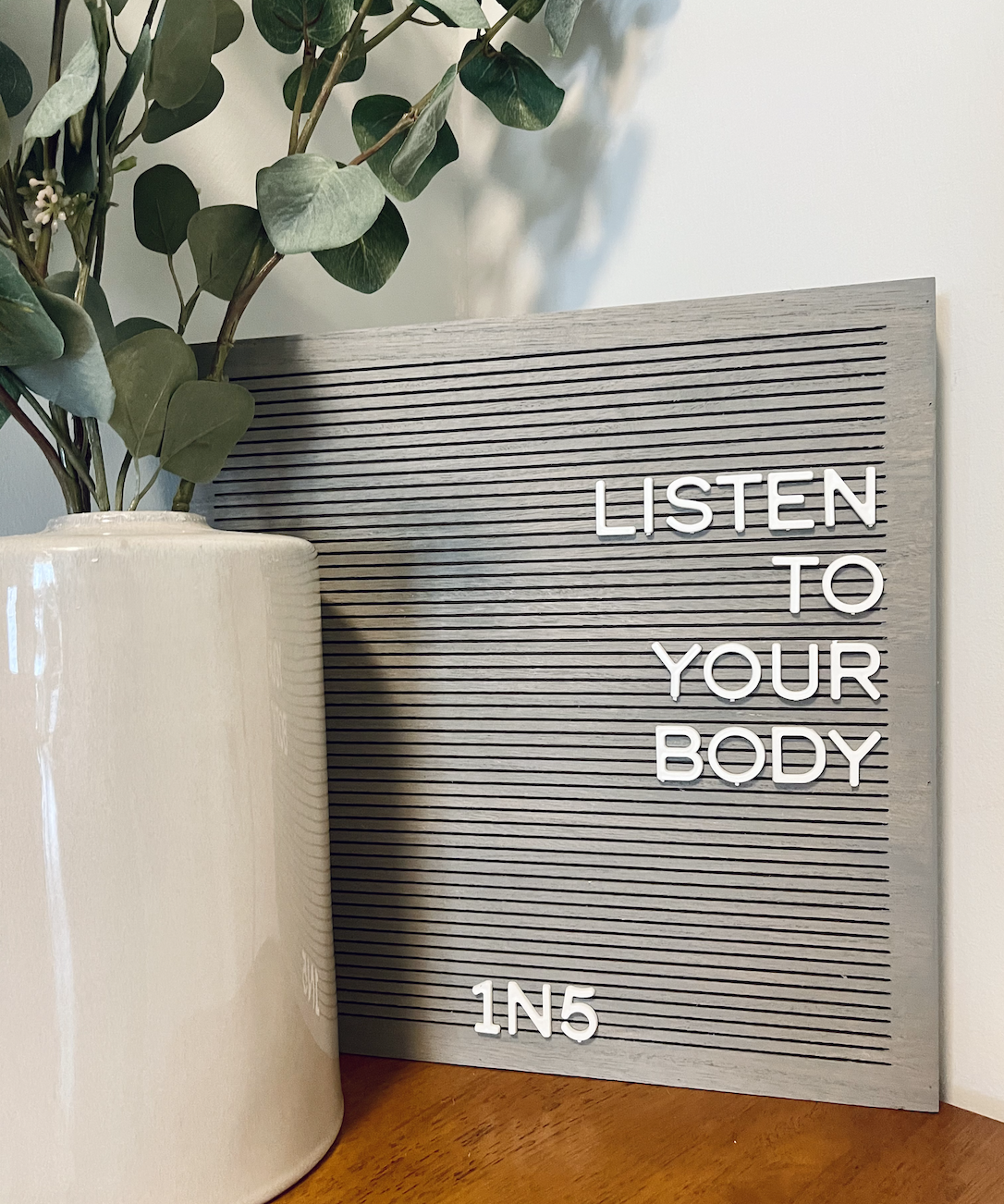Our bodies are incredible machines. They’re unbelievably powerful, but we have to make sure we’re taking care of them to ensure that they continue functioning as they should. After all, we only get one.
For a long time, I ignored what my body needed and tried to power through on minimal sleep and minimal food. Throughout most of high school and some of college, I lived with an eating disorder. I would go days at a time without eating anything, and then be irritated when my body wasn’t functioning the way it’s supposed to. I would be exhausted all the time, get terrible migraines, and sometimes even pass out.
The way I was living was not sustainable, and to this day, I still have a hard time processing certain foods or getting a full, uninterrupted night’s sleep. As I’ve gotten older, though, I’ve started to realize how important it is to actually take care of myself and listen to what my body needs.
I’m about a month into regulating my sleep schedule for the first time in my life, and I’ve noticed a big difference in the way I feel when I get an appropriate amount of sleep and wake up at roughly the same time each day. I’m trying to consistently get around seven and a half hours of sleep, but sometimes I need a little more or a little less. Sometimes, I wake up naturally after six hours, sometimes I need to sleep in a little longer and get nine hours. Either way, it’s what my body needs, and I’m learning to listen to it rather than force myself to stick to a strict schedule. One day this week, I woke up at 6 AM. I typically wake up around 9 AM, so this was extremely unusual. I tried to fall back asleep, but my body simply didn’t need the full time I had allotted to sleep. I got up, had a productive day, and then that night I slept a full nine hours. I didn’t punish myself or feel guilty for sleeping in a little longer than usual because I recognized that’s what I needed.
Over the past few weeks, I’ve learned so much about the signals my body sends me just by paying more attention to my sleep. I’ve started paying closer attention to other signals, like hunger and thirst, as well. I’m more conscious about eating when I actually need to eat as opposed to putting it off until later or, transversely, snacking just because I’m bored. I’m also being more intentional about drinking enough water and limiting my caffeine intake.
While all of these things are directly related to physical wellness, they impact mental wellness, too. As I’ve grown more in tune with what my body needs and wants, I’ve also seen a positive impact on my mental health. I’m less stressed, less irritable, and happier overall. My sleep quality is better than it’s ever been, and I have more energy and feel more focused than I have before.
Taking care of yourself is a holistic process. As I have grown and learned more about myself, both physically and mentally, I have started to see that more clearly. When I first started practicing self-care, it was overwhelming to try to wrap my head around everything I was supposed to do to keep myself in the best physical and emotional health I possibly could. As my journey has progressed, though, I’ve recognized that the most important part of self-care is just listening to what your body is telling you it needs. If I’m stressed or overwhelmed, that’s my brain’s way of telling me I need to take a break and focus on something else. If I’m having a hard time focusing or getting headaches, I probably need to eat. If I wake up feeling out of it, I didn’t sleep enough, or my quality of sleep wasn’t very good. I’ve been getting these signals from my body and brain my whole life, but I’ve only recently started to really listen and try to understand them.
When we actually start listening to our bodies, self-care becomes much easier. Humans have been around for millennia, so we’ve all evolved and adapted to know what we need to do to survive. We just have to start actually listening and recognizing what that is.
As always, stay safe, and stay healthy.
Xo,
Kayla W.

